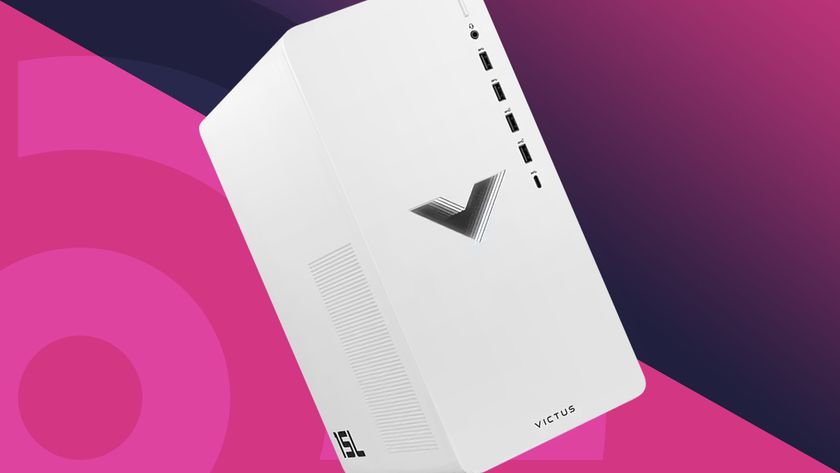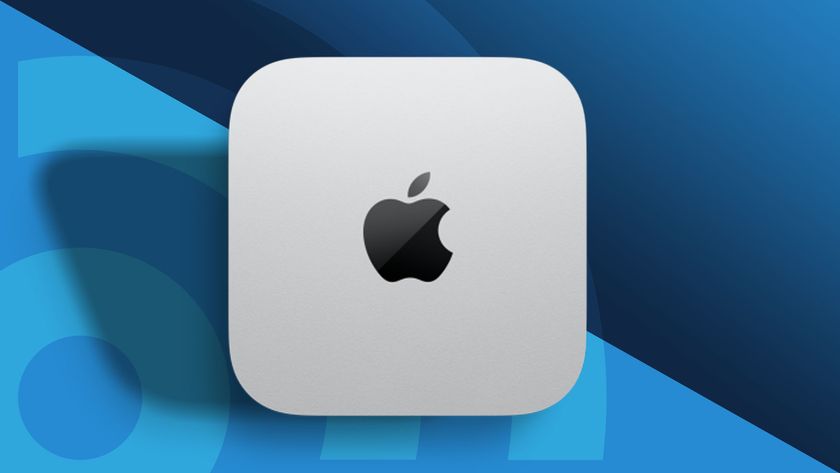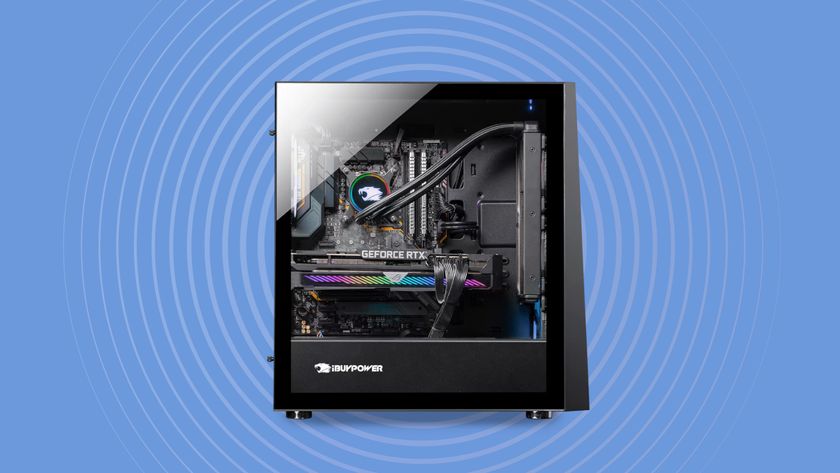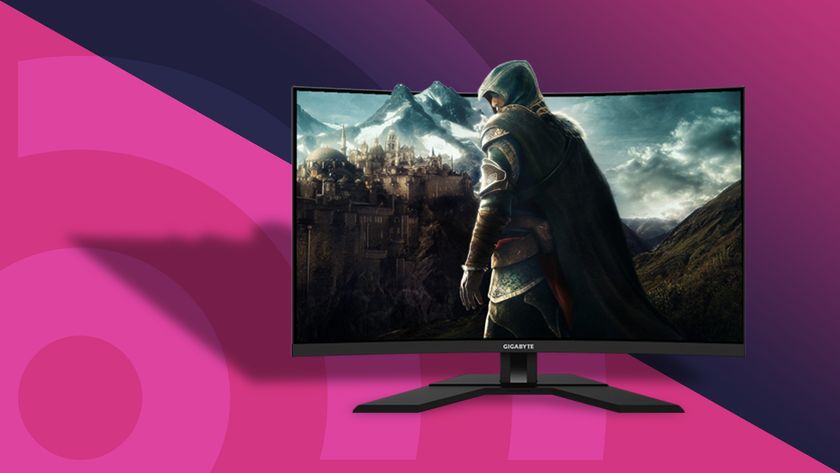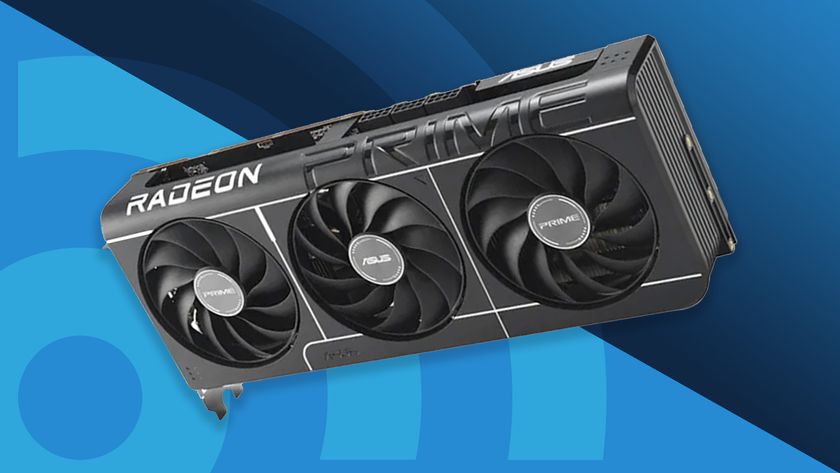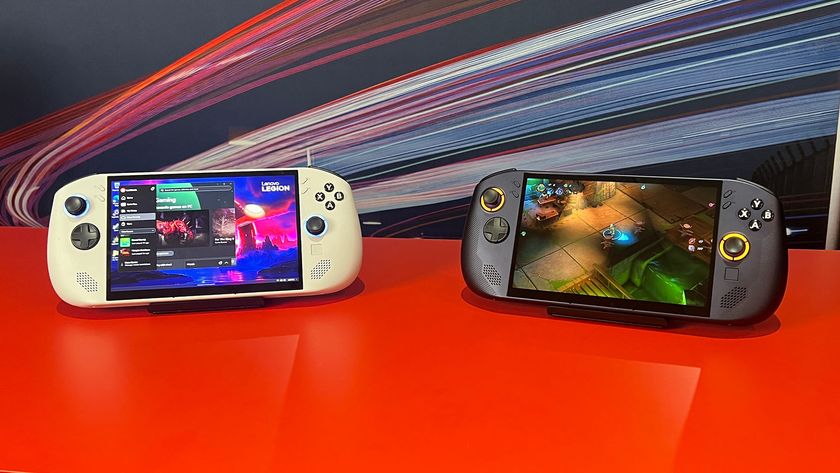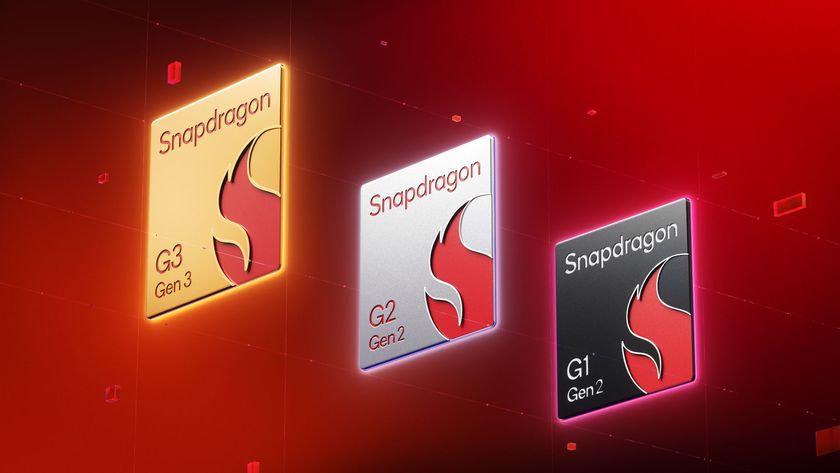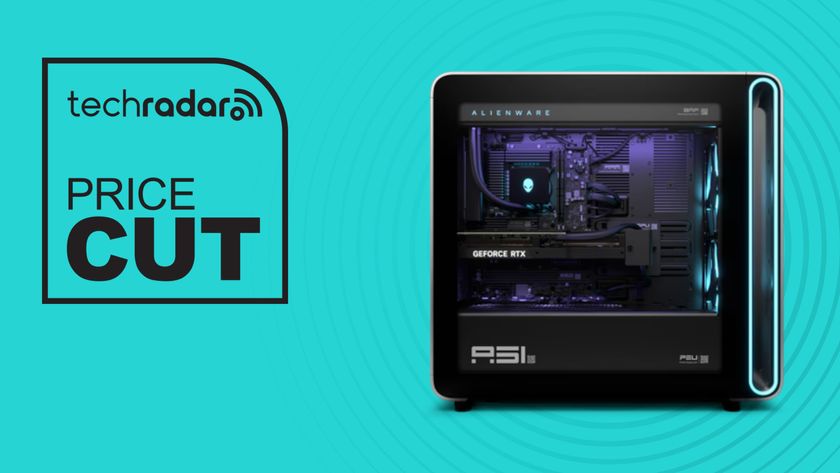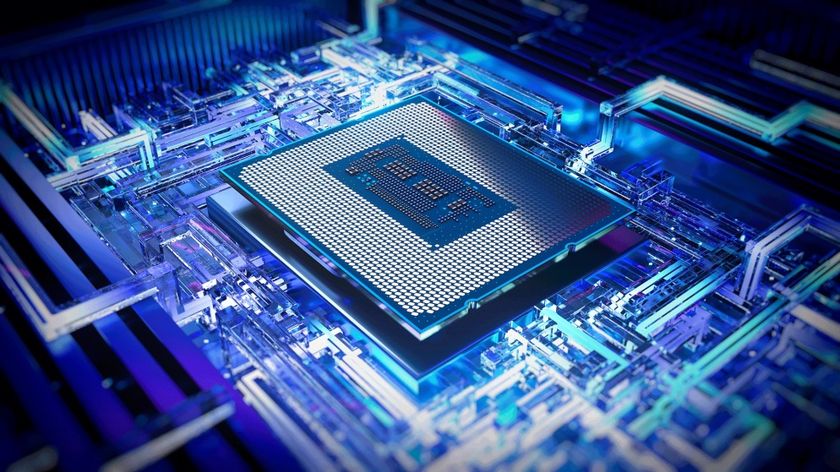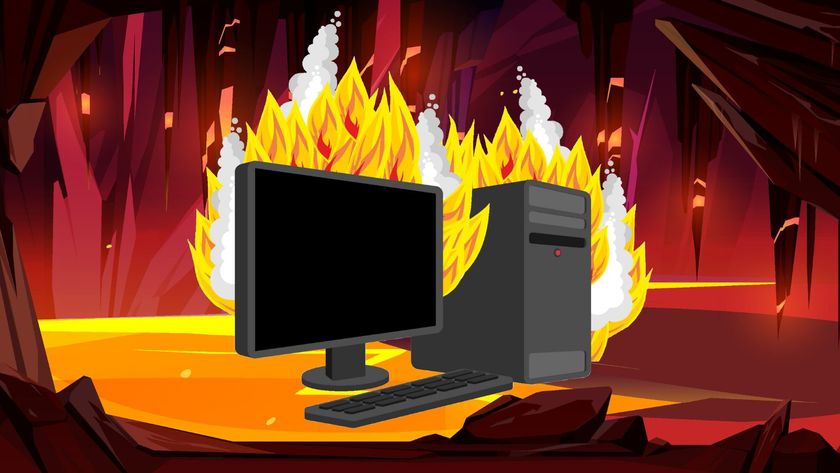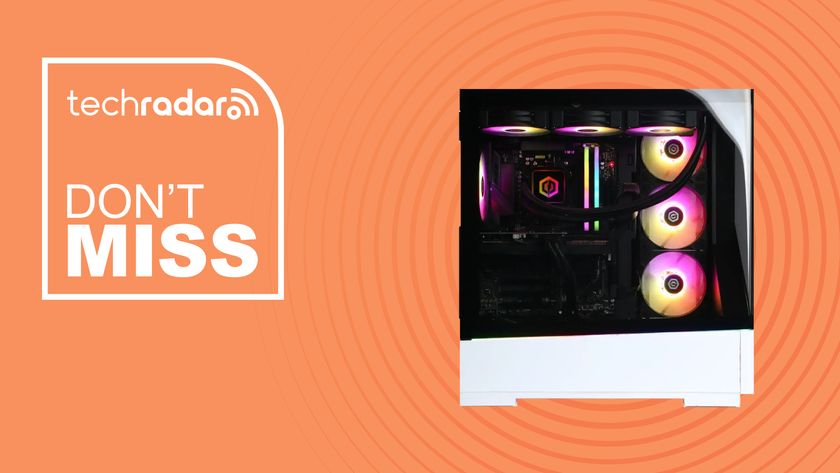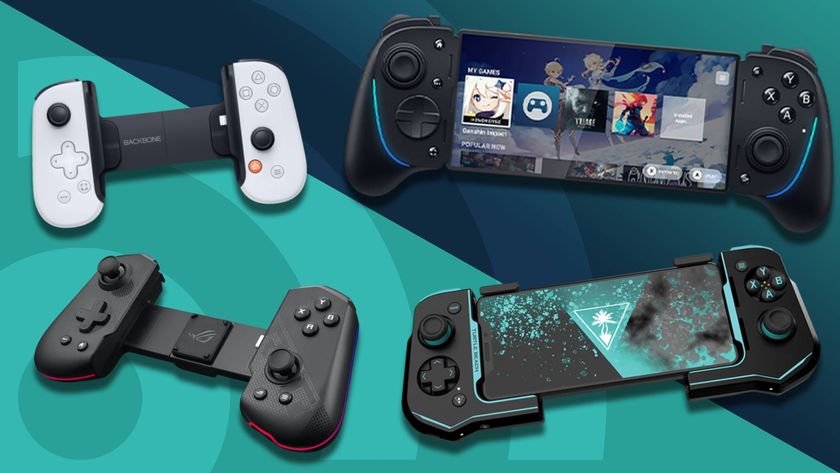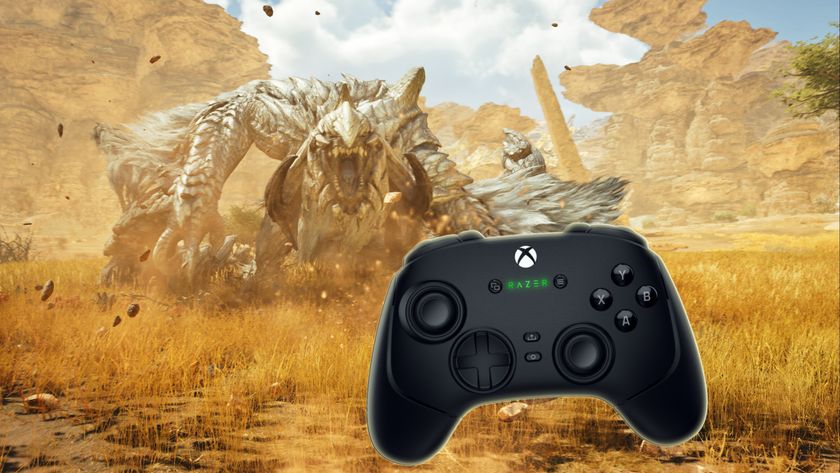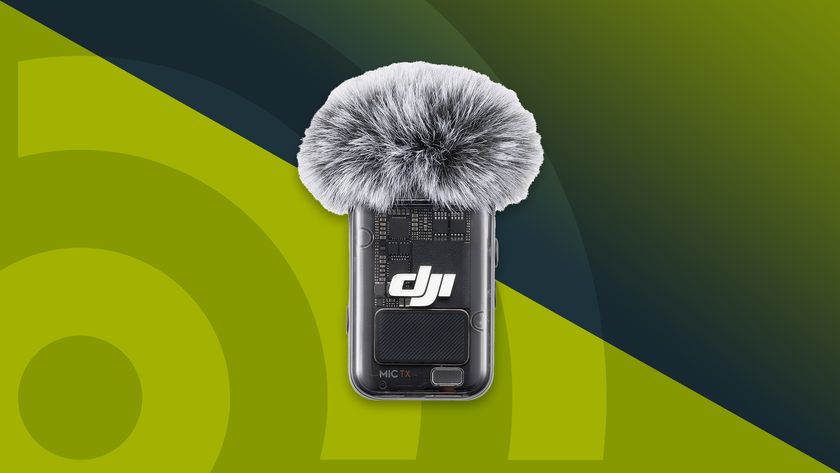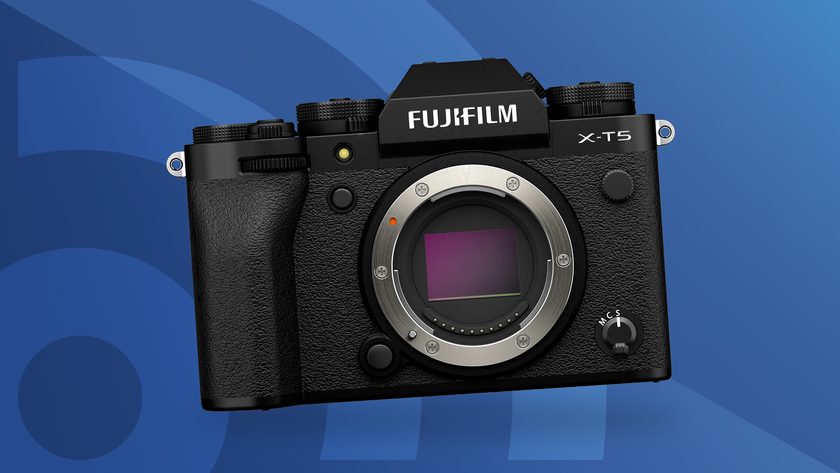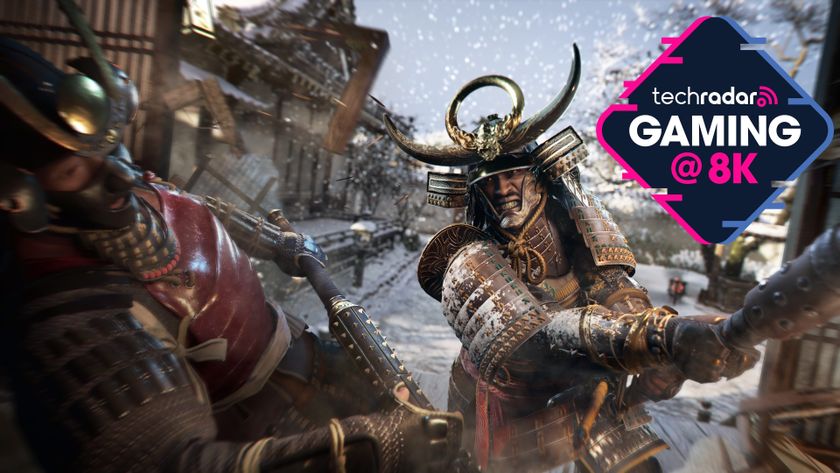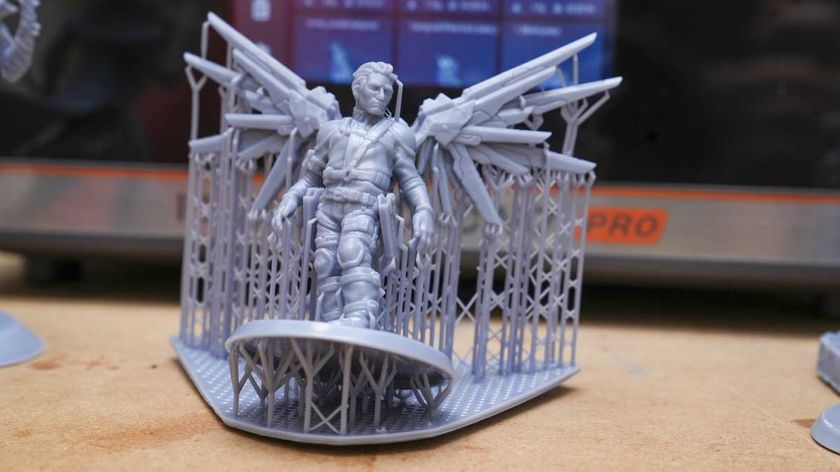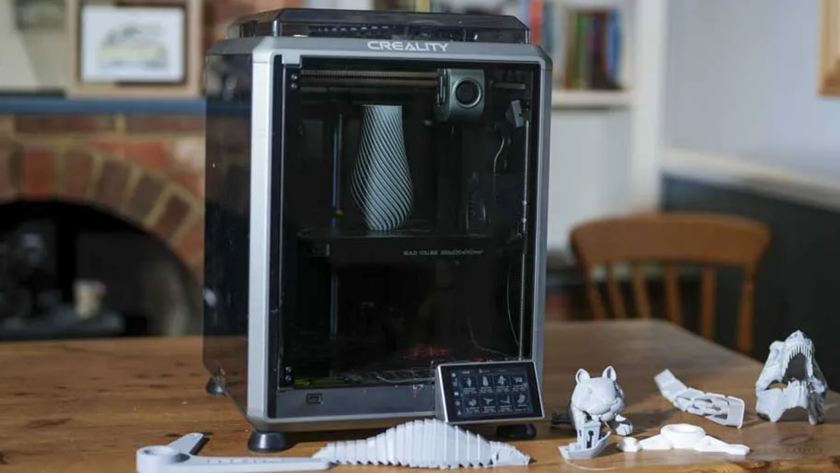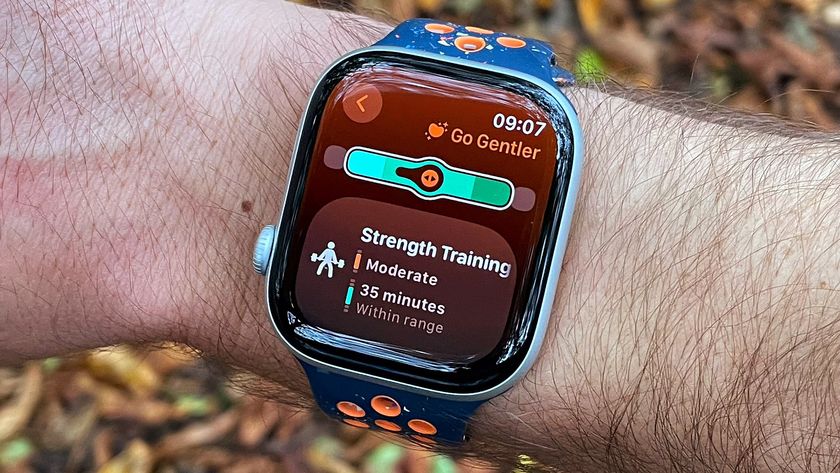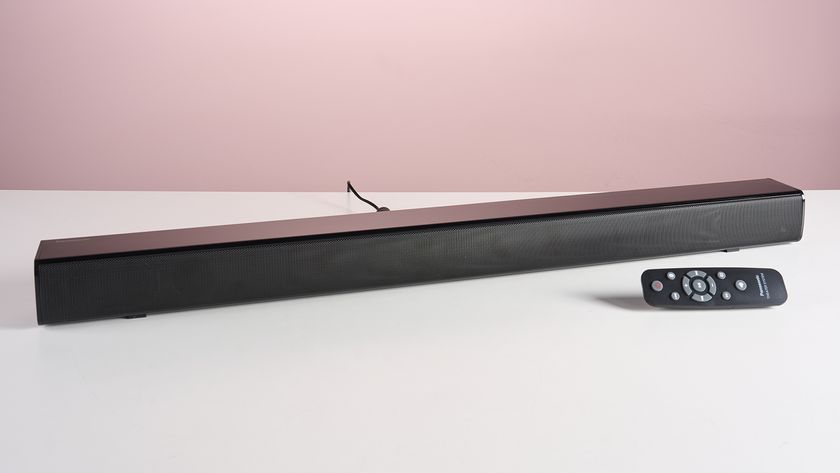The best gaming PC in 2025: top prebuilt gaming PCs for serious gaming
From peak performance to affordable entryway, these are the best gaming PCs on the market
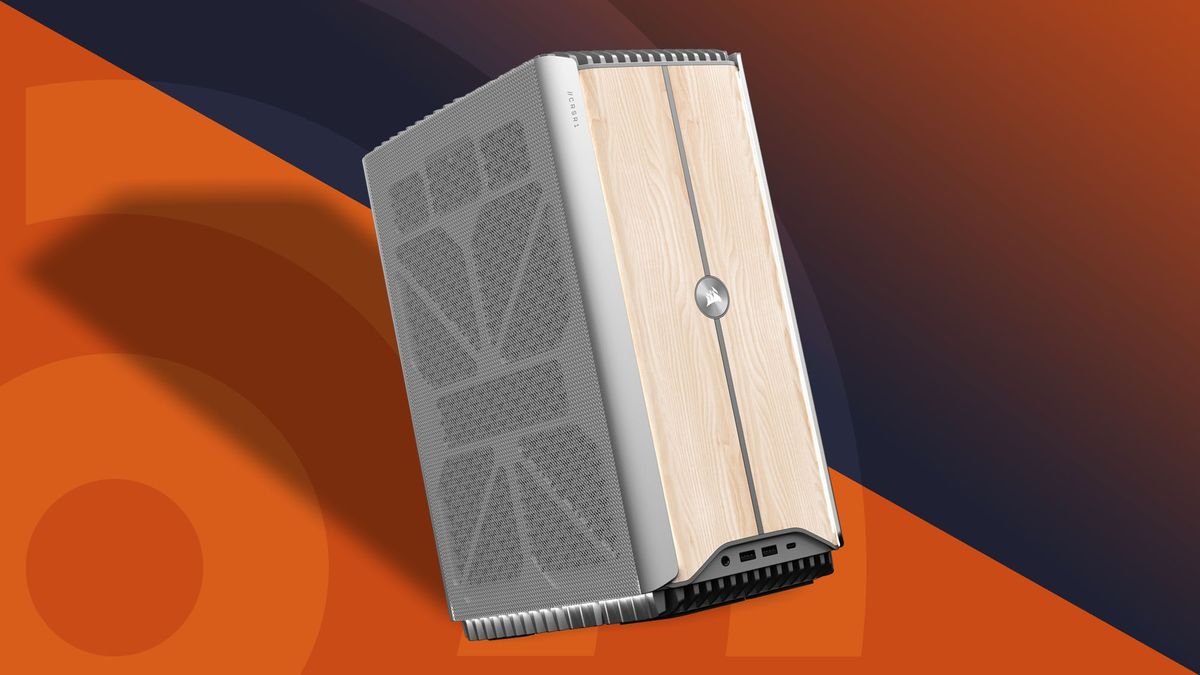
Honing in on the best gaming PC you can buy comes down to a few crucial factors: price, performance, design, and upgradability.
Our experts at TechRadar evaluate each of these by going hands on with the PCs in this list for at least two weeks, running a suite of performance benchmarks, gaming, and carrying out other day to day tasks like browsing the web.
We've narrowed our choices for the best gaming PC down to a few options depending on different needs and budgets.
There are particularly efficient, affordable options like the HP Victus 15L. This is one of the best PCs available for 1080p gaming, and there's always room for upgrades down the line - so if you have your eyes set on one of Nvidia's latest 5000 series GPUs, but want to test the waters of PC gaming first, the HP Victus 15L is an excellent starter pack.
On the other hand, if you're looking for something with a little more stopping power, the Corsair One i500 is as much of a centerpiece as it is a gaming PC. Looks aren't everything, though - it's what's inside that counts. The One i500 delivers there, too. It comes packed with an Nvidia RTX 4090 (one of the best graphics cards on the market), an Intel Core i9-14900K (one of the best processors available), and up to 64GB of RAM. If you've been saving up for an upgrade, this is an outstanding choice.
Our experts at TechRadar have gone hands-on with thousands of gaming PCs and laptops. We spend at least a week with each and running a suite of performance benchmarks as well as gaming and carrying out other day to day tasks so you can be sure our recommendations are based on real-world experience and our own opinions. These are the best gaming PCs you can buy in 2025.

John Loeffler is TechRadar's Components Editor. As the go-to guy for all things hardware, he's spent years testing and reviewing prebuilt rigs alongside their internal components such as graphics cards, processors, SSDs, RAM, cases, PSUs, motherboards, and more.
The quick list
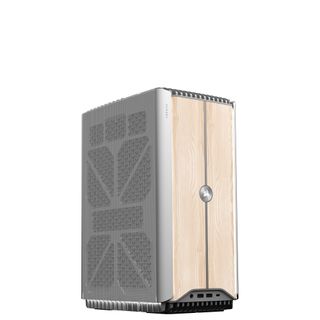
Best gaming PC overall
Offering fantastic performance and incredible style, this small form factor prebuilt gaming PC comes with top-of-the-line specs for a not-too-unreasonable price.
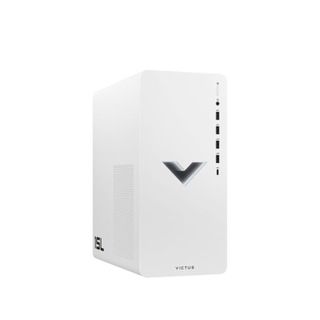
Best budget gaming PC
Don't need to game at the highest settings? Getting a budget option like the HP Victus 15L that delivers decent 1080p gaming is the way to go.
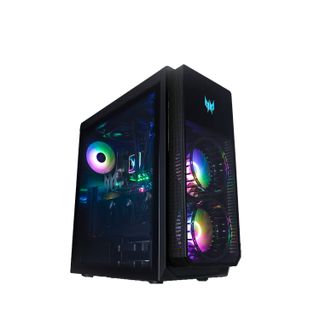
Best upgradable PC
With its highly customizable and well thought out tool-less design, this powerful gaming PC is your best bet if you like to tinker.
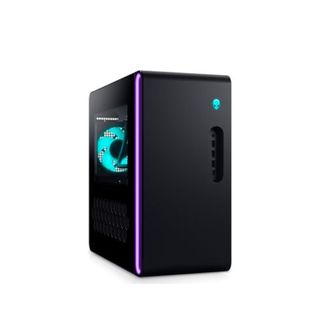
Best high-performance PC
One of the most powerful gaming PCs going, the newly-redesigned Alienware is even more compact and has a more effective cooling system.
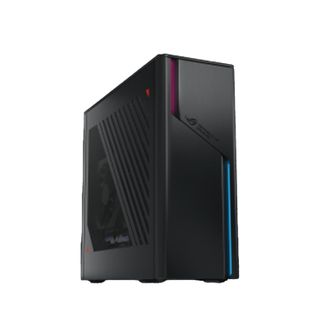
Best compact gaming PC
Looking for something compact yet powerful? This offering from Asus is the best you'll find for gaming with a light footprint.
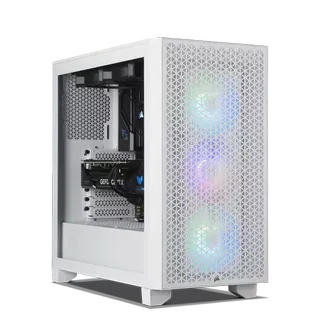 Best custom
Best custom
Best gaming PC for airflow
If you can't stand when components run hot and throttle your performance, get the best cooling in the game - the Chillblast Evolution.
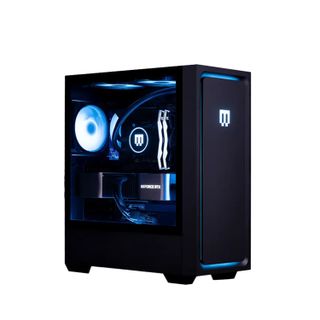
Best customizable gaming PC
Maingear has long been one of the premier PC builders out there, and the MG-1 is easily the company's most customizable model so far.
Recent updates
On July 5, 2024, formatting changes were added to aid readability, with added FAQs. This guide was updated on May 6, 2024, to include the newly reviewed Corsair One i500. On March 4, 2024, the new Asus ROG G22CH was also added. On December 20, 2024, we added the Chillblast Evolution.
The best gaming PC in 2025
Why you can trust TechRadar
Below you'll find full write-ups for each of the best gaming PC picks on our list. We've tested each one extensively, so you can be sure that our recommendations can be trusted.
The best gaming PC overall





Specifications
Reasons to buy
Reasons to avoid
The Corsair One i500 gaming PC is a remarkable product, bringing fantastic gaming performance and design together into a single, small-form-factor PC that fits as easily into your living room's decor as it does with your existing PC gaming setup.
Featuring an eye-catching wooden front panel with fabric side panels reminiscent of a stereo speaker, this showpiece gaming PC isn't cheap to say the least. Starting at $3,599.99/£3,499.99, you could probably find a gaming PC with an Intel Core i9-14900K and Nvidia RTX 4090 for less, but it definitely won't look this good or come with AIO liquid cooling for both the CPU and GPU.
While you can upgrade the RAM and SSD easily enough by removing a few screws, upgrading the CPU and GPU is going to be a much taller order, so this is really only for those who want a one-and-done PC gaming solution that they won't need to tinker with for many years to come.
Read our full Corsair One i500 review
Before making your final choice, check out our latest Corsair promo codes to save on Corsair products.
The best budget gaming PC
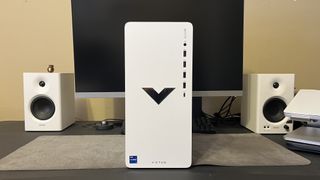
Specifications
Reasons to buy
Reasons to avoid
The HP Victus 15L doesn't hide the fact that it's a budget gaming PC. It's less robust, less flashy, and the available configurations are a bit less powerful than the other systems on this list. That doesn't have to be a bad thing, though: it means the starting price is a lot lower (and even the more powerful versions remain affordable), and its compact size makes it good for setups where desktop real-estate is in short supply.
Despite its budget status, we found in our testing process that the HP Victus 15L offers solid 1080p gaming performance, only requiring some modest fiddling in the graphical settings to ensure good frame rates. Stay away from Ultra presets and ray tracing, and you should be fine for the vast majority of games at 1080p. Combined with decent upgradability and a good selection of ports on the front panel, this is an excellent pick for anyone who needs a gaming PC for cheap.
Read our full HP Victus 15L review
You could save on HP products with our HP promo codes.
The best gaming PC for upgraders
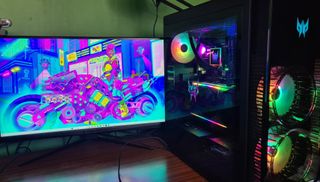
Specifications
Reasons to buy
Reasons to avoid
The Acer Predator Orion 7000 (2023) is a luxurious choice of gaming desktop, a refresh of the excellent 2022 model that continues to offer performance and style in equal measure. It sports a stunning design (with striking ARGB lighting), and more importantly, high-end specs built for 4K gaming that meant we were able to comfortably set the graphics to maximum in just about any game and enjoy smooth frame rates. In Final Fantasy VII Remake, we got a staggering 256fps at 4K Ultra with ray tracing on.
Naturally, all that power has its drawbacks: it's a pricey unit, and the fans go absolutely nuts when you're playing a graphically demanding title. That being said, those fans do a good job of keeping the system cool, and any of the best gaming headsets will shut out that noise. The chassis is great in general, easily openable for upgrades and maintenance and offering an elegant cable management solution along with plenty of I/O ports, but it's not all function and no form: this PC looks fantastic too.
Read our full Acer Predator Orion 7000 (2023) review
The best high performance gaming PC
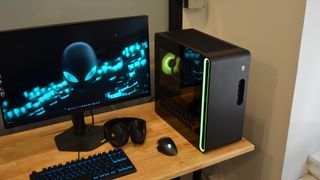
Specifications
Reasons to buy
Reasons to avoid
Behold! The Alienware Aurora is dead; long live the Alienware Aurora. Yes, Dell has ditched its bizarre space-age aesthetic for its Aurora gaming desktop line, instead opting for a sleek redesign that still offers a unique aesthetic without being quite so... strange.
The new chassis is sleeker and incorporates the RGB light ring seen on the rear of laptops like the Alienware x16, but the components inside are no less powerful than before. During our tests, it powered through titles like Cyberpunk 2077 and Dirt 5 at QHD resolution, and even 4K was an option in most games if you used Nvidia DLSS 3. Despite the newly shrunken case, the Aurora R16 offers excellent ventilation that ensured cool and quiet gaming throughout our lengthy testing process. A standout product reboot from Dell.
Read our full Alienware Aurora R16 review
The best compact gaming PC
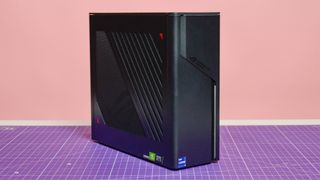
Specifications
Reasons to buy
Reasons to avoid
The Intel NUC Extreme long held the title of the best compact gaming PC for many years. However, now that it has been discontinued, Asus has taken up the mantle where Intel left it and has produced one of the best gaming PCs going, especially for those who don't have a lot of desk space.
The ROG G22CH starts at an accessible price point (though its entry-level specs are a bit outdated), and can max out at a respectable level of hardware and performance without costing too much money.
In our tests, this little desktop gaming PC was able to chew through 1080p gaming with ease and put up very good 1440p gaming numbers. All in all, then, this is a very cleverly designed compact box of tricks, but the trade-off here is that given the form-factor, this Asus gaming PC is going to be almost impossible to upgrade. Furthermore, its mesh-paneled chassis means you're going to hear the whine of fans under load, such as when playing demanding PC games.
Read our full Asus ROG G22CH review
To ensure you're getting the best deal, browse our Asus coupon codes for potential discounts.
The best gaming PC for airflow
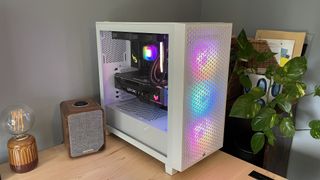
Specifications
Reasons to buy
Reasons to avoid
PC components, especially as you start getting into the higher-end GPU and CPUs you'll find in a lot of the best gaming PCs around, tend to run very hot.
If you want like to drag your graphics sliders all the way to the right, or the highest they can go in other words, you're going to need a build that can take in cool air and exhaust the heat build up quick enough to keep up with the demand you're putting on your parts.
That's where the Chillblast Evolution comes in. Built inside Corsair's fantastic 3000D or 4000D Airflow cases (depending on the size of tower you want), this 4070- Ti-packed gaming PC is as efficient at keeping cool as it is at throwing up serious framerates in AAA titles.
The Chillblast Evolution features a Cooler Master MasterLiquid AIO to keep your CPU nice and icy, along with three pre-installed intake fans in the front to push cool air over your components. There's room for one more exhaust fan in the back of the case, which I'd recommend taking advantage of since it's a small but impactful upgrade.
Read our full Chillblast Evolution review

I use the Corsair 4000D Airflow case in my personal gaming PC and I can't recommend it enough. It has fantastic cooling qualities, a stylish exterior, and a roomy interior for even the bulkiest GPU. Just be warned that if you have pets who shed, that powerful airflow might work against you with the need for more frequent cleanings.
The best customizable gaming PC
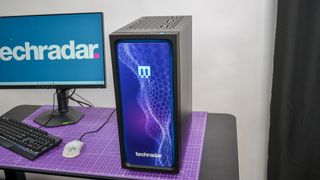
Specifications
Reasons to buy
Reasons to avoid
Customizable gaming PCs can be very expensive items, and for many of Maingear's high-end systems, that is definitely the case. But the Maingear MG-1 is a unique proposition where you don't necessarily have to spend a fortune to get a custom build.
The MG-1 starts out at a damn-near budget price of $1,099.99, and its specs aren't terrible for the price. The great thing about this PC is that you can swap parts in and out on Maingear's website to build the exact gaming PC you want, and trust that it will be put together by professionals who will extensively test the PC before it leaves their shop.
And if you're an international buyer outside the US, you can even arrange international shipping, so you don't have to miss out either. You might have to pay additional shipping fees, but it's worth it.
As far as performance goes, the AMD Advantage version of the MG-1 we reviewed got some of the highest scores on our various gaming and synthetic benchmarks, but your performance will obviously vary depending on which specs your configure your system with.
Read our full Maingear MG-1 review
The best gaming PC: FAQs
What type of PC is best for gaming?
There are a few things to keep in mind when buying a new gaming PC, since gaming requires very specific hardware and not all PCs have what you'll need.
The most important factor is the graphics card. Make sure that any PC you buy for gaming comes with a fairly recent graphics card. An Nvidia RTX 3000-series, AMD Radeon RX 6000-series, or Intel Arc graphics card (or GPU) are what you really want to aim for.
Next, make sure that the gaming PC has at least 16GB RAM, since 8GB of even the best RAM is not enough memory to really run modern PC games.
You'll also want a more modern processor, so Intel Core 11000-series and AMD Ryzen 5000-series or higher. You don't need the best Intel processor or best AMD processor from these generations, mind you. An Intel Core i5 or Core i7 (or AMD Ryzen 5 or Ryzen 7) are perfectly fine, though if you can get an AMD Ryzen X3D-series processor (like the Ryzen 7 7800X3D), these are the best gaming processors you're going to find.
Storage is not nearly as big of an issue, and it is pretty easy to upgrade to one of the best SSDs, so a 512GB SSD is fine to start (though you'll have to manage your game installations somewhat).
If you're not particularly familiar with managing gaming specific hardware and building PCs, we'd definitely suggest sticking with larger OEM manufacturers like Dell, Alienware, HP, Lenovo, Asus, and MSI rather than more boutique builds. There's nothing wrong with companies like Maingear and Origin (who both make phenomenal systems), but these are definitely more in the enthusiast lane. If that's you, you'll love what they build, but if you don't know what a BIOS is, better to stick with more mainstream manufacturers.
Is it better to build or buy a gaming PC?
Whether to build or buy a gaming PC, that is the question. For some PC gamers, building a system is the only way to go, as this lets you customize your rig to very precise specifications. Unfortunately, finding the individual components you need to build a PC is getting tougher than ever. As much as you might want to build a custom gaming PC, you might not actually be able to do so.
If that's the case, then there's absolutely nothing wrong with buying a gaming PC. No, you might not be able to precisely customize it to your liking, but if what you want to do is play your favorite PC games, then buying one of the best gaming PCs you can afford will simply make the whole process easier.
Should you get a gaming PC or a next-gen console?
There may not be a clear answer to settle the gaming PC vs next-gen console debate, but there are a few key things you should consider before buying either one. Both pieces of technology will flawlessly play the biggest game releases, but consoles like the PS5 still have exclusive games like Horizon Forbidden West that can’t be played anywhere else.
Next-gen consoles are also an all-in-one package with the console and at least one controller in the same purchase. The best prebuilt gaming PC, however, often requires a tower PC, monitor, keyboard, and mouse - most of which all have to be purchased separately. The cost for PC gaming accessories only goes up when you want to get things like the best gaming keyboard, best gaming mouse, and best PC gaming headsets.
Both next-gen consoles and gaming PCs have been affected by component shortages, making it difficult to find consoles as well as newer PC gaming parts. If you can get these items for retail price it won’t be as much of an investment, but it has become increasingly difficult to find reasonable prices amongst scalpers. Stock often sells out fast as well, making it hard to get your hands on either technology.
So, is a gaming PC better than a next-gen console? Not necessarily, especially if you don’t have the room to devote to all the aspects of a PC gaming rig. However, the best gaming PC will run on-par with the newest next-gen consoles so it’s ultimately about the gaming experience you’re looking for - choosing between a next-gen console or gaming PC is a win either way.
How expensive should the best gaming PC be?
For a competent performer targeting 1080p gameplay, you can expect to spend a minimum of $1,000 / £1,000 / AU$1,500. However, on this end of the scale, you're likely to rely on AI upscaling such as FSR and DLSS to keep framerates consisent at 60fps. At $1,500 / £1,500 / $AU2,300, you can get your hands on a mid-range rig that can confidently game in 1440p and benefit from ray tracing, too.
There's no exact ceiling for how expensive a gaming PC can be, but RTX 4090 and RX 7900 XTX machines hover around the $3,500 / £3,500 / AU$5,000 which tend to feature cutting-edge processors combined with a stacked amount of storage and a wealth of RAM. Our buying guide goes through the full price-to-performance range from mainstream to enthusiast to help you find which is right for your uses.
How to choose the best gaming PC for you
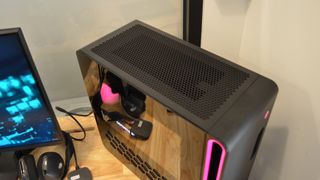
Since building a gaming PC from scratch can be pricey and a bit of a hassle, buying the best gaming PC you can afford makes the whole process easier. And with some recent offerings from companies like HP and Dell, you don't even necessarily have to spend a fortune either. Still, it's always good to go in knowing what you're looking for within your budget.
Whether you’re playing the best PC games or the best free games to save a bit of coin, your priority should be choosing something that manages to be within your budget without compromising on performance or scrimping on vital features like a healthy port selection and appealing RGB lighting.
That could very well mean the very best prebuilt gaming PC that will see you through 4K gaming at high frame rates, or one of the best budget gaming PCs that will give you a smooth 1080p gaming experience at an accessible price point. Don’t worry so much about the frills and the design unless your budget is flexible or you’ve got deep pockets.
Once you’ve decided on your budget, you should pick a computer with the best GPU you can afford. You’ll want at least an Nvidia GeForce RTX 4070 (or RX 7800 XT) if you plan on gaming in 4K while an RTX 4060 Ti can handle 1440p gaming. While you want a CPU that can keep up like Intel Core i5 or i7, pre-built PCs won’t come with underperforming CPUs. AMD also offer the Ryzen 5 and Ryzen 7 CPUs which suit mid-range systems well.
You should also make sure you have enough speedy RAM and fast storage capable of keeping up. These days, 8GB DDR4 memory is the bare minimum, I recommend at least 16GB if you can stretch to it. Plenty of SSD storage is ideal as well, since many top titles take up a lot of space, although you can always get an additional drive later down the line. Now, in 2024, it's far more common to find much faster DDR5 kits (even at the budget end of the scale) so opt for the fast memory if you can.
Finally, make sure you have enough money for quality peripherals as well. After all, a gaming PC is only as good as its peripherals. Only when coupled with the best gaming monitor and the best gaming keyboards will your gaming setup be fully complete. You won't want to skimp on the audio either; that's where the best computer speakers come into play, as some displays lack inbuilt options, and they don't sound all too good when compared to the best gaming TVs.
How we tested out best gaming PC picks
A gaming PC is a big purchase that shouldn’t be taken lightly, which is why we don’t take our testing lightly either. Testing gaming PCs is always a comprehensive undertaking for us, using them to play not only the latest or hottest games but also older yet still demanding titles as well, noting things like performance – especially in gaming – as well as noise and thermal efficiency. We also run synthetic benchmarks like PCMark 10, 3DMark, and Geekbench 6.
Furthermore, we take a look at its design: things like the number of available ports, expandability and upgradability, RGB lighting, and accessibility that its chassis offers. Build quality is an important factor in the best prebuilt gaming PC, so we also look at a PC's price and if any piece of hardware feels cheap or flimsy in an expensive product, it's going to get marked down.
For good measure, we’ll also check how it does with daily tasks because most of us don’t only use our gaming PCs for gaming; it serves as our everyday computer as well. We then take everything we’ve learned about the gaming PC and compare it to its price – whether or not its performance and features are worth that price tag, and whether or not it offers the best value to customers.
For more information about our process, see how we test.
Today's best gaming PC deals
Get daily insight, inspiration and deals in your inbox
Sign up for breaking news, reviews, opinion, top tech deals, and more.

John (He/Him) is the Components Editor here at TechRadar and he is also a programmer, gamer, activist, and Brooklyn College alum currently living in Brooklyn, NY.
Named by the CTA as a CES 2020 Media Trailblazer for his science and technology reporting, John specializes in all areas of computer science, including industry news, hardware reviews, PC gaming, as well as general science writing and the social impact of the tech industry.
You can find him online on Bluesky @johnloeffler.bsky.social
- Marcus Mears IIIComputing Reviews and Buying Guides Editor
- Christian GuytonEditor, Computing
- Aleksha McLoughlinContributor
